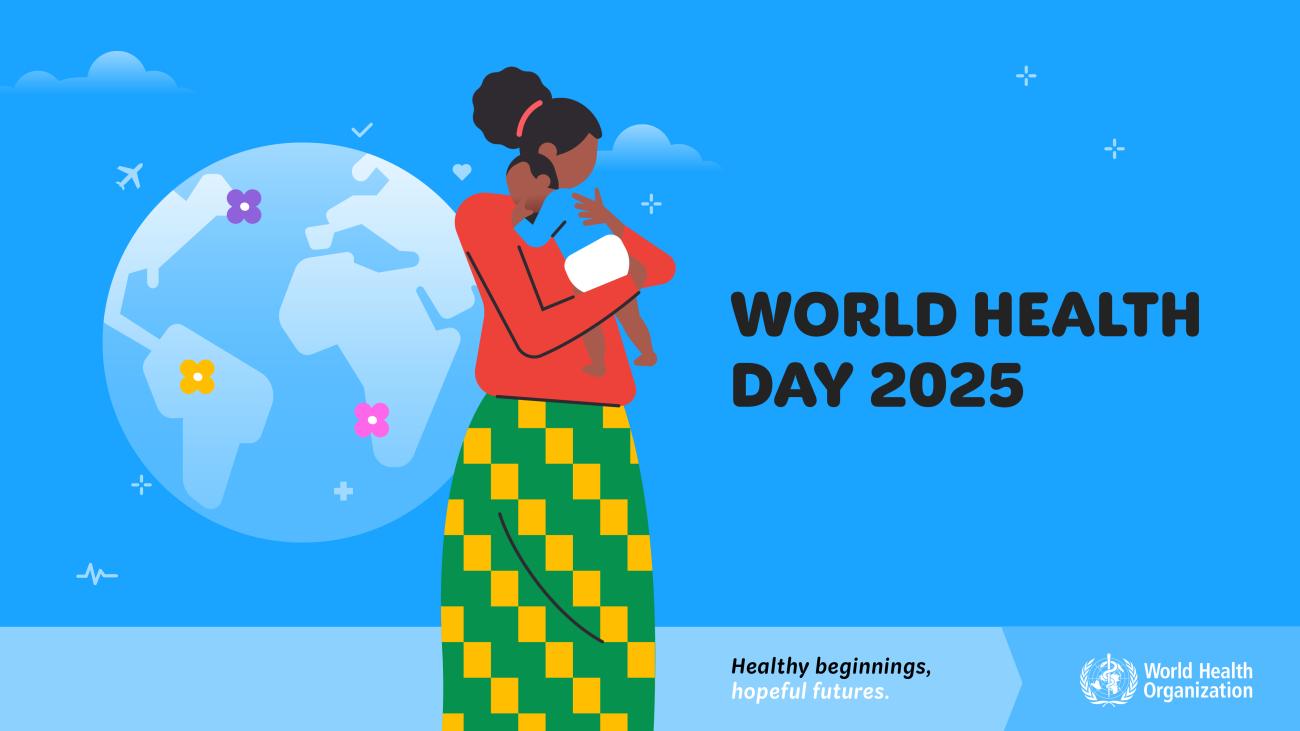CCA urges churches to adopt holistic health approach on World Health Day – 2025

Chiang Mai, Thailand: On World Health Day 2025, the Christian Conference of Asia (CCA) called for a renewed commitment from churches and communities across Asia to prioritise the health and well-being of mothers and newborns.
This year’s theme, “Healthy Beginnings, Hopeful Futures,” draws urgent attention to the need to reduce preventable maternal and newborn deaths, ensuring every child is welcomed into the world with dignity and care.
In a statement issued on 7 April 2025, CCA General Secretary Dr Mathews George Chunakara highlighted the ongoing challenges in the region, noting that Asia and the Pacific remain far from achieving health-related Sustainable Development Goals (SDGs).
“Faith, health, and healing are deeply interwoven in our Christian understanding of wholeness. Healing is not solely a medical outcome but a sacred journey of restoration—one that calls upon the Church to advocate, support, and walk alongside those struggling with health challenges, including mental health”, stated Dr Chunakara.
The statement called on churches in Asia to strengthen their role as stewards of God’s creation by adopting a holistic approach to health and healing. This includes prioritising the well-being of mothers and newborns by advocating for accessible healthcare, fostering safe spaces within communities, and empowering faith groups to engage in health promotion and policy advocacy.
The CCA General Secretary further added, “As we work towards a future free of preventable maternal and newborn deaths, we must ensure that every mother’s health—mental, physical, and emotional—is safeguarded, and every child is given the best possible start in life.”
The full text of the CCA General Secretary’s Statement on World Health Day 2025 can be found here:










